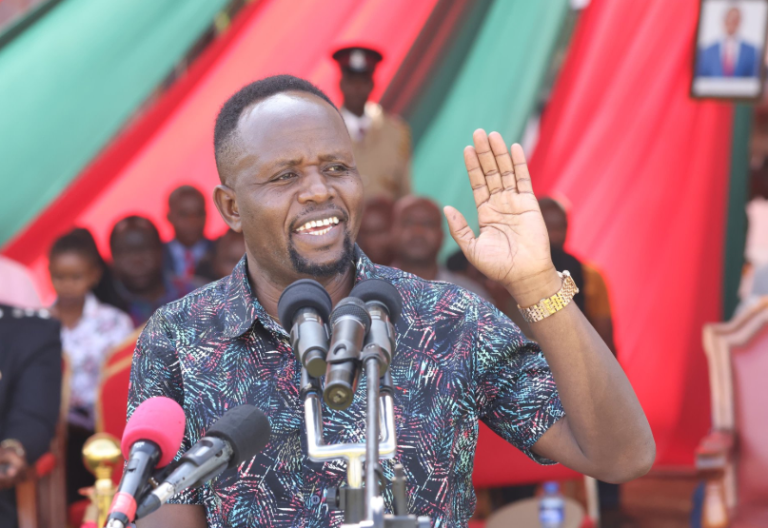Regional court awards Karua Sh2.5 million over case dismissal

The East African Court of Justice has awarded former Gichugu MP Martha Karua Sh2.5 million as compensation owing to the Supreme Court’s failure to uphold the rule of law in hearing her election petition.
Justices Monical Mugenyi, Charles Nyawello and Charles Nyachae ruled that the State infringed on Karua’s right of access to Justice when the Supreme Court dismissed her election petition against Kirinyaga Governor Anne Waiguru, saying it was time barred.
“The Respondent State through its acts or omission of its judicial organ violated its commitments to the fundamental and operational principles of the EAC specifically the principle of rule of law,” read the Judgement.
The former Justice Minister moved to EACJ faulting the decision of the Supreme Court of Kenya for its failure to uphold the rule of law and knowingly dispensing injustice to her as a litigant before it.
“The action of the Judiciary is deemed to violate the principles of good governance, democracy, rule of law and human and peoples’ rights, including the right to access to Justice and a fair hearing,” she claimed.
Electoral disputes
The supreme court in its Judgment held that the position that the period provided for the settlement of electoral disputes cannot be extended by any court and saw no reason to depart from that position.
“We find that purely from the access to Justice Perspective, the impugned Supreme Court decision is deeply troubling,” ruled the Judges.
The East African court noted that the chronology of events in the case was that the trial court upheld a point of law that Karua’s failure to include in her petition the results of the elections and the date of declaration of results was fatal.
The court stated that Karua undoubtedly had a right of appeal in that matter which she opted to exercise and that the court of appeal was also well within its remit to overturn the trial’s court decision and refer the matter back to it for determination on its merits.
“Unfortunately the trial court was unable to determine the matter within the time fixed by state,” noted the court.
“The decision of the supreme court that the court of Appeal ought to have terminated the matter at that stage while well aware that any substantive determination of the petition by the High court would be an exercise in futility is extremely troublesome,” ruled the Judges.
According to the court, the decision suggests Karua’s right to access justice, including exhausting her right of appeal, were unimportant.
“It does also denote a recommendation for the court to disregard their duty to administer justice purely because in their estimation to do so would be an exercise in futility,” noted the Judges.
EACJ found the impugned supreme court decision did fall short on the said judicial organ’s constitutional duty and curtailed Karua’s right to access to Justice by contravening the rule of law principle enshrined in the Article 6 (d) and 7(2) of the Treaty.
“Under articles 35 and 26, a state found to be responsible for an internationally wrongful act would be obliged to make a restitution, in the absence of restitution, the state responsible for a wrongful international act is obligated to pay compensation,” the Judges noted.
They awarded Karua the said amount of money with an interest at 6 per cent per annum from the date of the judgment.









